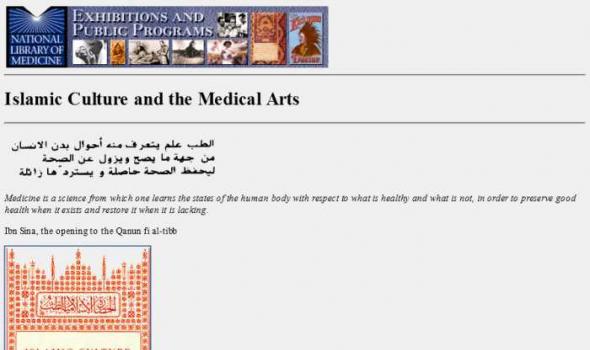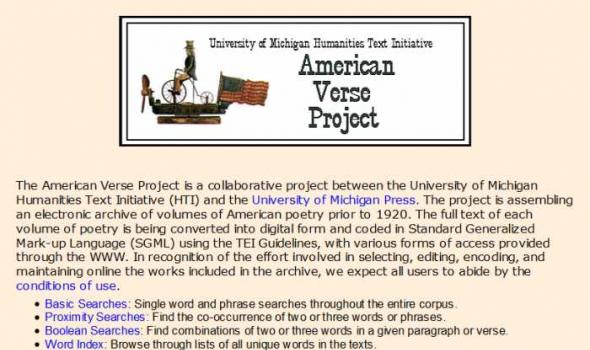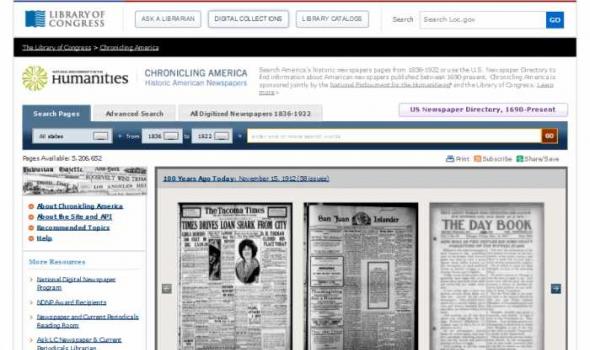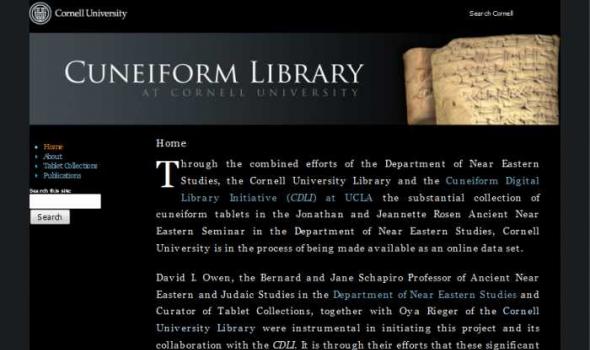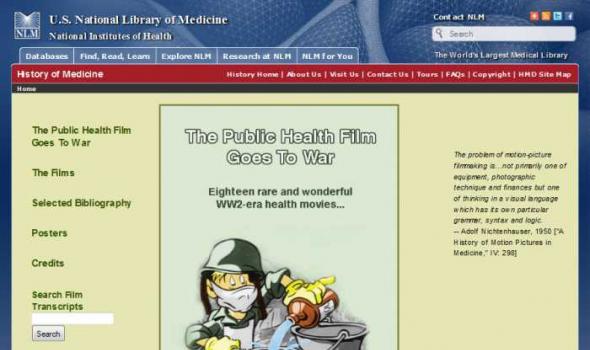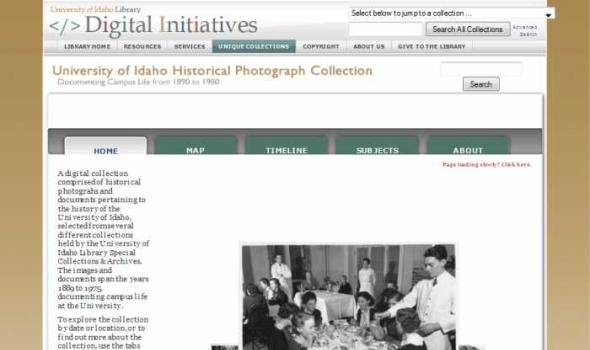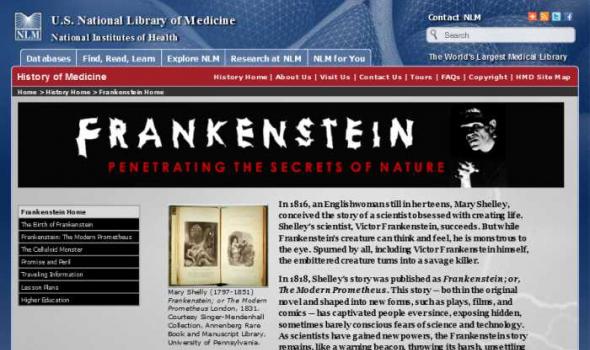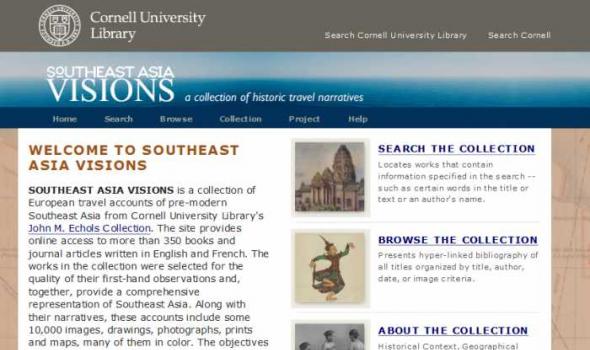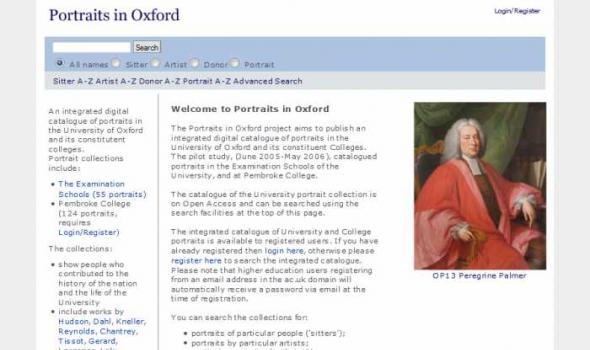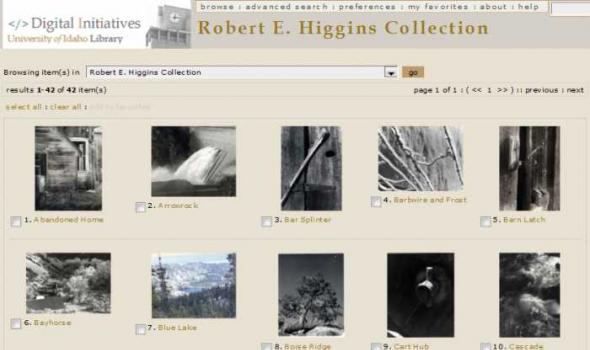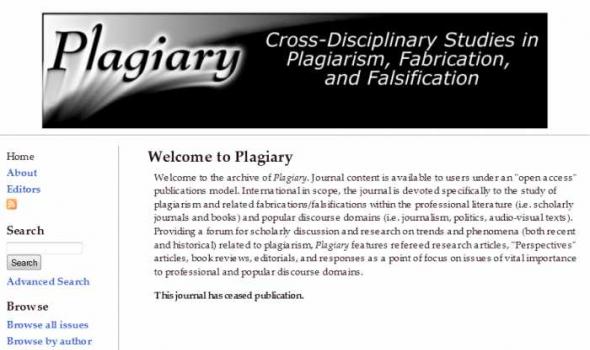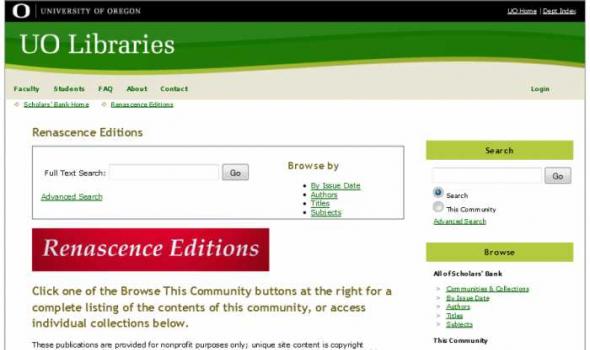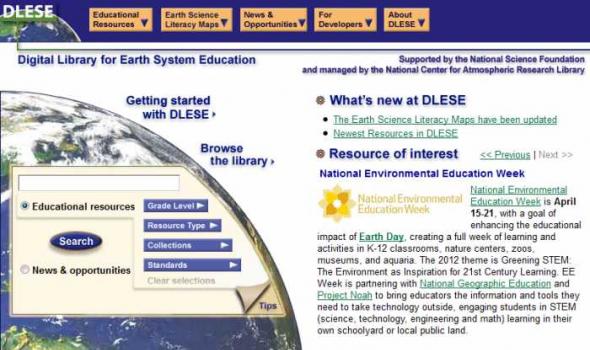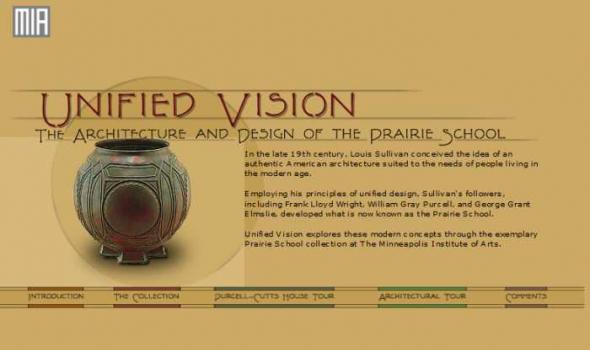Archaeology
Purchasing Print Issues Past issues can be purchased for $12 apiece from the Museum Store at the University of Michigan Museum of Art by contacting Store Manager Suzanne Witthoff at witthoff@umich.edu or 734.763.9051. About Bulletin The Bulletin of the University of Michigan Museums of Art and Archaeology was a joint publication of the University of Michigan Museum of Art , the Kelsey Museum of Archaeology , and the Department of the History of Art . This journal features scholarly articles related to subjects of interest to both museums, particularly their collections, exhibitions, and fieldwork programs.
The Theater that was Rome About From the sixteenth through the eighteenth centuries, when the books, maps and single sheet prints that appear on this web site were made, Rome presented itself as a theater of the most advanced engineering feats of the period, as well as of the technological skills to execute and record the decorative programs that went with them. Maps of the city in its new guise as the powerful center of Christendom also documented the growth of curiosity about its antique history and pagan past, displaying all the forms of cartographic knowledge available throughout the period.
Introduction Cornell University has a number of collections of cuneiform tablets, donated to the university over the past century. These tablets are made of clay and inscribed with signs that modern scholars call cuneiform ("wedge or cone shaped"). They come from an area that is called Mesopotamia, which today roughly equals the territory of modern Iraq. These written documents date from the beginnings of writing, ca. 3350 B.C.E. until the end of the cuneiform tradition, sometime towards the end of the second century C.E. The largest collection of cuneiform tablets at Cornell is housed in the Jonathan and Jeannette Rosen Ancient Near Eastern Studies Seminar in the Department of Near Eastern Studies (NES) and currently consists of ca.
American Indian History and Culture The Division of Rare and Manuscript Collections features significant original materials on the history of native peoples of the Western hemisphere. Thousands of rare books document Indian life-ways, and manuscript materials provide documentation of the work of anthropologists, collectors, and ethnologists. The centerpiece of Cornell's American Indian holdings is the Huntington Free Library Native American Collection , a spectacular gathering of more than 40,000 volumes on the archaeology, ethnology and history of the native peoples of the Americas from the colonial period to the present.
About the Project This database consists of images of ancient inscriptions on stone from Eleusis. The images currently available are derived from photographs copyrighted by Professor Kevin Clinton ( Department of Classics ). Images from museums will be added as permission from the museums is granted; in the meantime only thumbnail views can be presented. All the photographs will be printed in Professor Clinton's edition of all documents of the Sanctuary of Demeter and Kore and the public documents of the deme, currently being published by the Archaeological Society at Athens.
Arthur Evans Archive (Knossos excavations) The Arthur Evans archive consists of the archaeological records and papers of Sir Arthur Evans (Keeper of the Ashmolean Museum, 1884-1908), which he bequeathed to the Museum on his death in 1941. A large part of these relate to his excavations at the Bronze Age site of Knossos on Crete, carried out between 1900 and 1931. Of particular importance are the series of architectural plans and elevations and archaeological sections, which relate both to the architecture of the site as it was uncovered and to the reconstructions carried out in situ by Evans and his architects. These reveal information not disclosed in the selectively published plans and/or obscured by the restorations.
NEWS IN THE CDLI COLLECTIONS CUNEIFORM ANYONE? CDLI depends on the assistance of collaborators of all stripes. Wish to submit files of new texts, or images, transliterations or corrections of entries in our database? Perhaps make a tax-deductible contribution to support our efforts? A DIGITAL LIBRARY FOR CUNEIFORM The Cuneiform Digital Library Initiative (CDLI) represents the efforts of an international group of Assyriologists, museum curators and historians of science to make available through the internet the form and content of cuneiform tablets dating from the beginning of writing, ca. 3350 BC, until the end of the pre-Christian era.







